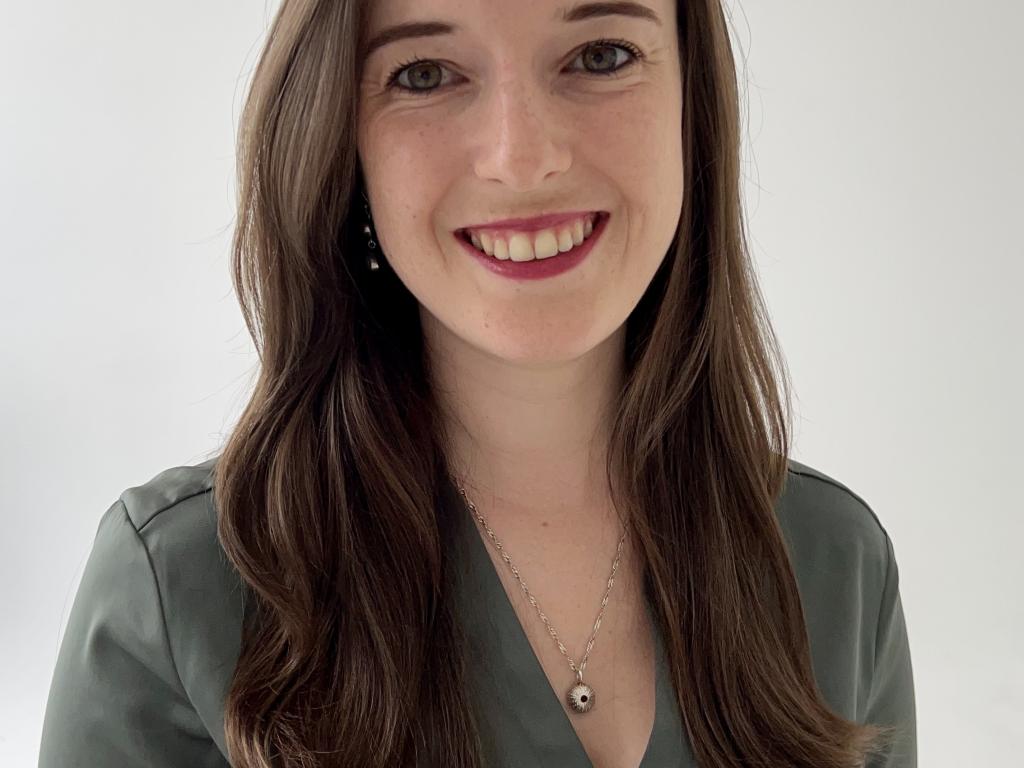A research enrichment and public engagement win for the Neuoscience Institute

Written by: Dr Hayley Tomes
The medical research world makes many valuable contributions to society, improving our understanding of contextually relevant health priorities for public benefit. However, in order to conduct ethical and meaningful work, understanding what is important to participants should be incorporated in study designs from conception through to dissemination. Public engagement serves this purpose, empowering communities by providing participants with the opportunity to collaborate in research, to contribute to strategy development and knowledge dissemination, and to benefit from accessible and practical resources on study outcomes.
The Wellcome Trust “Research Enrichment: Public Engagement” grant prioritizes this imperative by providing Wellcome Trust grant-holders with additional funding for public engagement projects relating to the primary research being conducted. Neuroscience Institute PhD student and Research Fellow, Jessica Ringshaw is, excitingly, a new recipient of this grant. She has a background in Neuropsychology and is undertaking her doctoral studies through a Wellcome Trust International Training Fellowship in the UCT Department of Paediatrics and Child Health, in co-affiliation with the Department of Neuroimaging at Kings College London. While Ringshaw’s neuroimaging research investigating the impact of antenatal maternal anaemia on child brain development is inherently focused on a contextually relevant health priority, she believes that public engagement is key in order to make the research findings accessible and practical for those who stand to gain the most from the implications.
Ringshaw’s project, which she’ll be doing in addition to a whole PhD, is three-tiered. First, she plans to run interactive workshops with moms from her study communities (tier one) to identify practical ways to improve research processes, to gain insight into community perceptions and challenges around nutrition, to collaboratively develop key messages and strategies for improving iron intake, and to discuss prospective methods for sharing study outcomes with the wider community.
She will then use this feedback to create accessible, informative, and culturally appropriate resources translated into local languages for dissemination at study sites and more broadly to the South African public (tier two). This will be incredibly beneficial as preliminary findings indicate a 31% prevalence of maternal anaemia in pregnancy. Given that iron deficiency is the most common global cause of anaemia, nutrition is recognised as a health priority to target in educating and empowering communities. Resources will include posters, pamphlets, and an explainer video aimed at raising awareness and providing practical guidelines around the importance of a nutritious, iron-sufficient diet. The goal is to make these resources accessible via antenatal clinics, study sites, community resource centres, institutional websites, social media platforms, and government endorsed mobile healthcare platforms.
Tier three involves sharing research results through academic platforms but also hosting community meetings for feedback and discussion with the study participants themselves. Involving study participants in every part of the process as well as providing feedback at the end does a lot to convey to participants their importance in the whole endeavour. It both respects the participants time and satisfyingly brings the venture full circle.
Hear, hear for a big funder helping to translate scientific findings to benefit the public. In a field where so much exciting research is being conducted, it is important to find meaningful ways to bring this to life by fostering reciprocal dialogue and community collaboration. Congratulations to this researcher, with a dream she can now realise.
